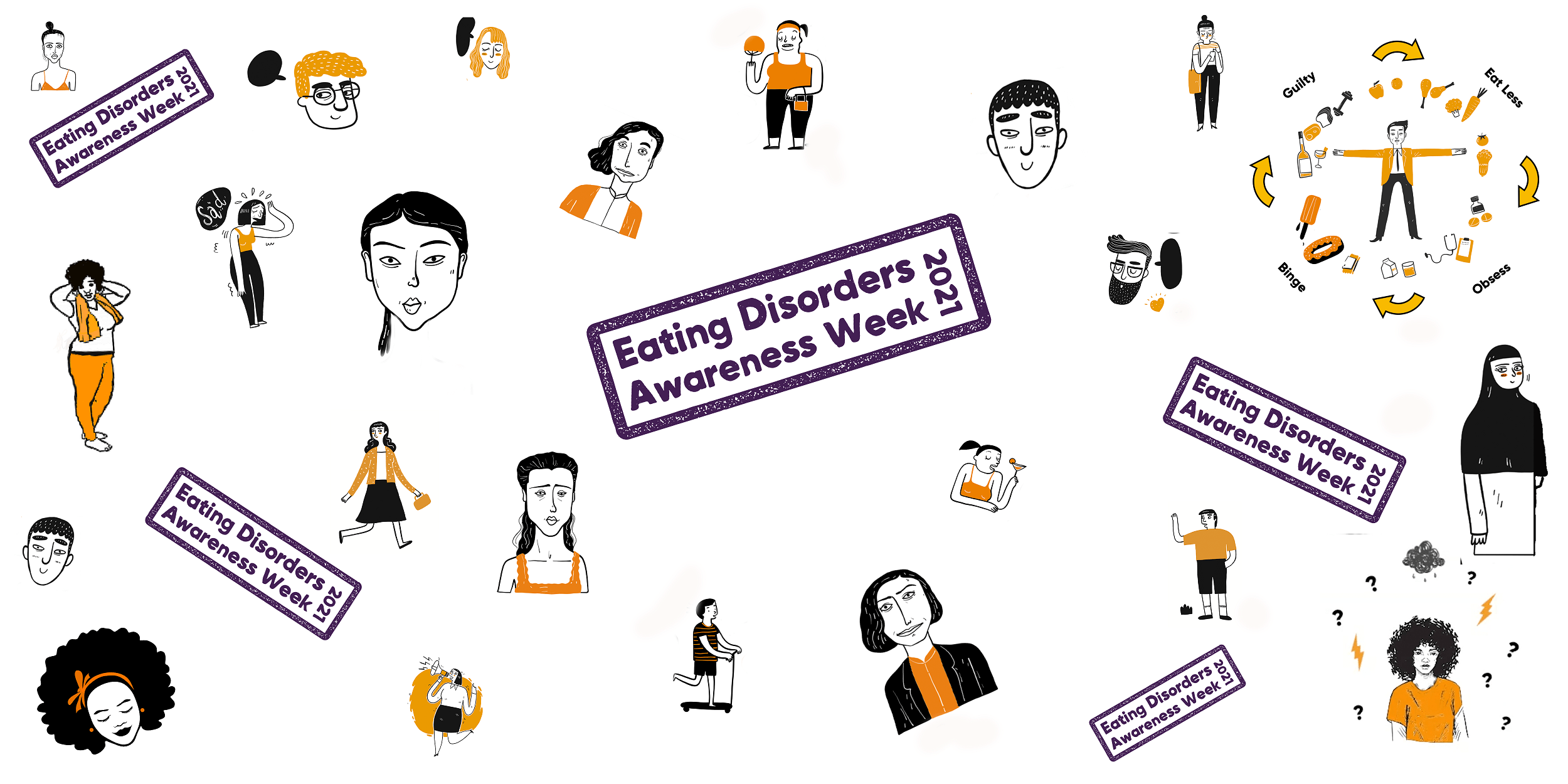TW: eating disorders
Being a university student can be a very challenging time for many people, trying to find a balance between socialising, studying and looking after yourself, often in a completely new city or town. But, being a university student who also suffers with an eating disorder can be even harder.
Research from the leading UK eating disorder charity Beat found that almost a fifth of university students surveyed said that their illness forced them to drop out of their degree. With the demand for mental health services increasingly stretched, university students aren’t being able to access the support networks or resources that could help reduce this figure.
For me, coming back to university this year was a terrifying thought. The renowned culture of a ‘uni life’ tends to involve lots of drinking and lots of eating not so healthy foods; both of which I was petrified of. Living at home, surrounded by my family who knew exactly what I was going through was a safe space. I had a good routine and I was on the road to recovery; what if going back to university would undo all the hard work I’d done?
The first few weeks were testing. I wanted nothing more than to be able to socialise with my housemates and friends like a ‘normal’ student but in the back of my head there was always something stopping me. I’d become so used to saying no to plans that I’d forgotten saying yes was even an option!
One of my biggest problems was that I felt like I had to fight this battle alone. I didn’t want to tell my housemates the full extent of what I was going through because I didn’t think they would understand. I mean, I barely understood my own eating disorder sometimes, so how would they? So, I downplayed my struggle massively, putting on this brave face and retreating to my bedroom at every chance I could so that no one saw the hours I’d spend strictly planning my meals, the flustered state I would be in when someone mentioned a harmless house fajita night or the unstoppable crying after coming home early from a bottomless brunch. I was embarrassed that I couldn’t eat what everyone else could without feeling so guilty and I was so envious of the ease at which they all could. But, not talking to my housemates who are some of my closest friends, was one of my biggest regrets.
As much as my eating disorder made me retreat from social situations, especially with food and drink involved, I knew that these situations were ones I used to love and that was one of my biggest motivations to recover. I knew that the only way that I would learn to love them again was if I put myself in these uncomfortable social situations around food. You know what they say, facing your fears is the best way to get over them! Reluctantly, I started saying yes to plans because at the end of the day, I don’t want to look back and feel like I’ve missed out on a huge part of my youth. Every time I pluck up the courage to agree to these plans, it gets slightly easier but you don’t just get over these things over night and it will take some time before I feel fully comfortable in these situations again.
When the pubs and restaurants closed for lockdown, deep down I was so relieved because it meant that I didn’t have to force myself into uncomfortable situations around food and this made me feel safe. The recent government announcement of the plans to ease lockdown does fill me with dread but I’ve learnt that the only way I will make the progress I want is to push through the pain. So, bring it on!
At the end of the day, recovering from an eating disorder is never going to be easy or linear and it will be different for everyone. But, from my experience, the three biggest pieces of advice to anyone in a similar position to me is:
- Be open. Talk to your friends or housemates that you trust about what you’re going through; you don’t have to go through this alone.
- Be optimistic. Turn those negative thoughts that are obscuring your mind into more positive ones.
- Be resilient. Not everything will go to plan and you may have bad days but you have got to keep going and keep fighting!
Header image credit: Beat

